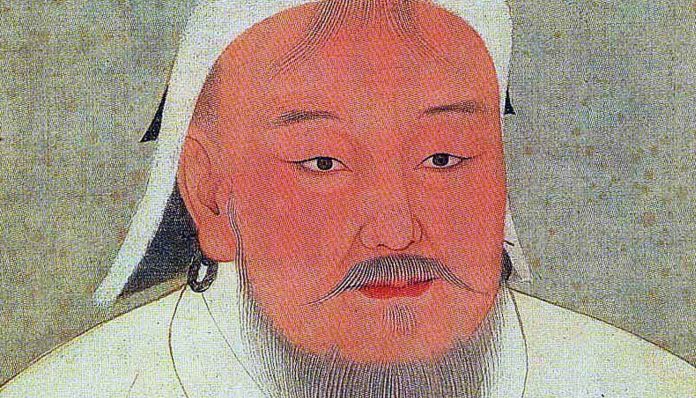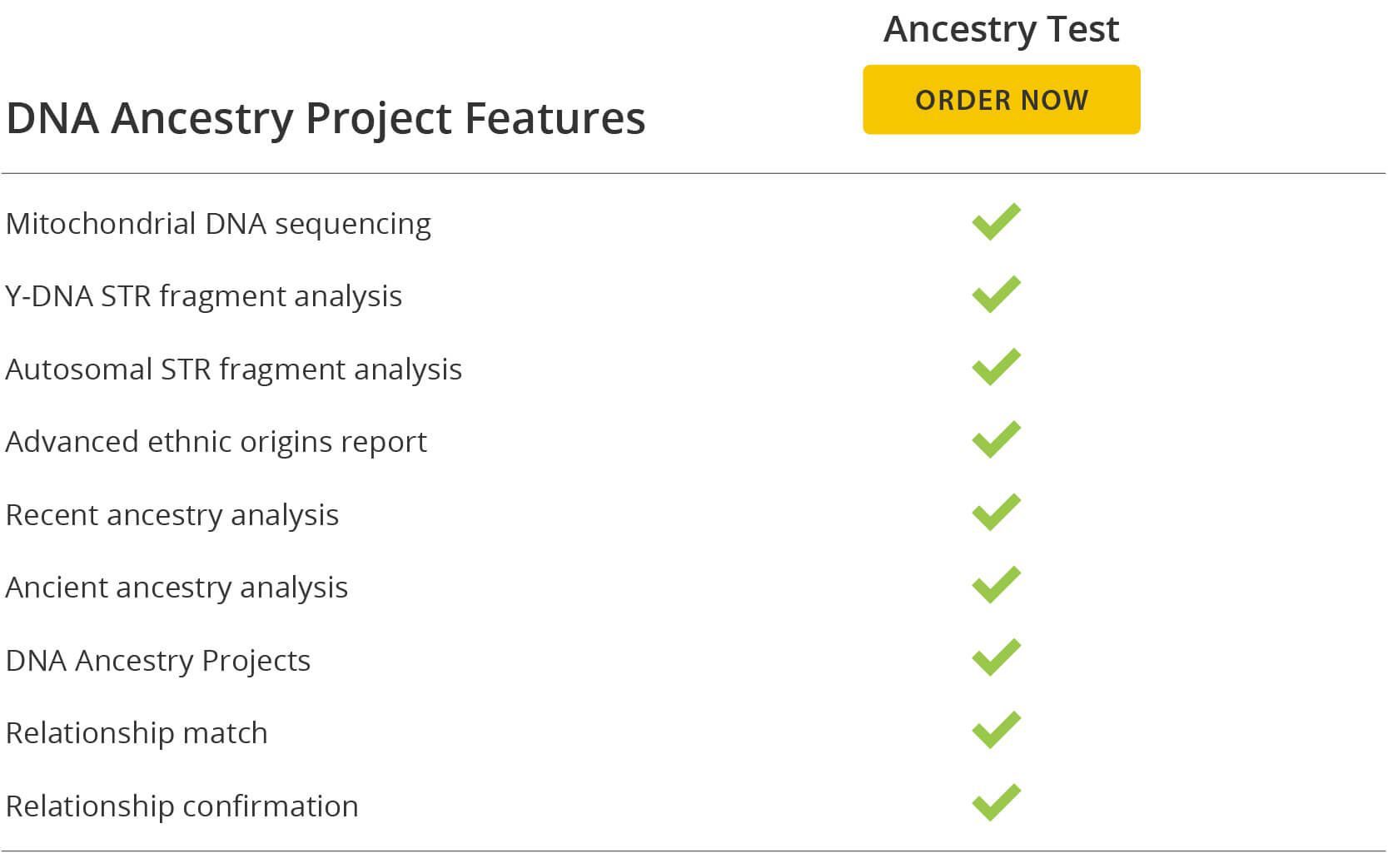Genghis Khan was a world-renowned 13th century Mongol Emperor. Khan is known to most for his brutality and bloodthirsty conquests, but he is also remembered by Mongols today as the father of the Mongol Nation, now known as Mongolia. He is considered by historians to be one of the greatest military minds in history. The Mongol Empire that he established from 1206 to 1227, which spanned from Germany to China, was the largest contiguous empire ever established in civilization.
Genghis Khan was born as Temüjin in the Khentii Mountains around the year 1162. He spent many years uniting Turkic-Mongol confederations of Central Asia. These northern territories consisted of mainly nomadic tribes sharing only a language and culture. Khan effectively unified these people and provided them with a common identity in what is now called Mongolia. He also created a writing system for the Mongolian language based on existing Uyghyr script (a descendant of the Sogdian alphabet).
The spread of Genghis Khan’s Y-chromosome
Genghis Khan is best known as a ruthless conqueror; invading, conquering, raping and pillaging Western Xia in northern China, and Khwarezmid Empire in Persia. The Mongol Empire then spread into Europe as far west as Germany, where he and his descendants fathered many children. Researchers recently identified a common Y-DNA profile in the regions that were conquered by Genghis Khan and his descendants.
Y-DNA is paternally inherited (father to son) and stays the same (or close to) from generation to generation, providing an excellent way to trace paternal lineages and the origins and migrations of specific migrations. Large-scale DNA studies found a specific Y-DNA profile in 8% of the men in the regions conquered by Genghis Khan and his descendants during their rule (spanning from the Pacific to the Caspian sea). This interesting Y-DNA STR marker haplotype can be traced back to origins in Mongolia approximately 1000 years ago. It is proposed that this lineage was carried by Genghis Khan and his paternal descendants. This Y-DNA STR profile can now be found in 17 million men in Asia and parts of Europe.
DNA Database Comparisons

Find out if you are one of the world’s 17 million people that have descended from the infamous Khan and his tribe!






